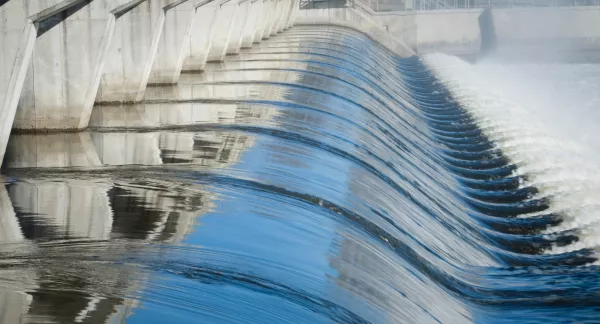Water Conservation on Golf Course Fairways Using Recycled Water
Abstract
The use of saline and reclaimed water for irrigation has increased for landscapes because of the scarcity and cost of potable water. Irrigation with reclaimed water provides extra nutrients to turf but leads to potential damage because of the added amounts of salts or heavy metals available for the plant to uptake and limits the water availability. Understanding the physiological responses of turfgrass with recycled water irrigation would help in developing alternative irrigation systems and minimize the amounts of stress that turfgrasses experience.
Bermudagrass is one of the most important turf species for landscapes and is widely used on golf courses throughout the southern United States. The objectives of this study are to determine the stress on turfgrass in terms of chlorophyll and nutrient contents, amino acid response levels, changes in color and quality, and growth rate by comparing the effects of irrigation with potable and recycled water on bermudagrass.
Originally funded as WERF project Reuse-04-02.
